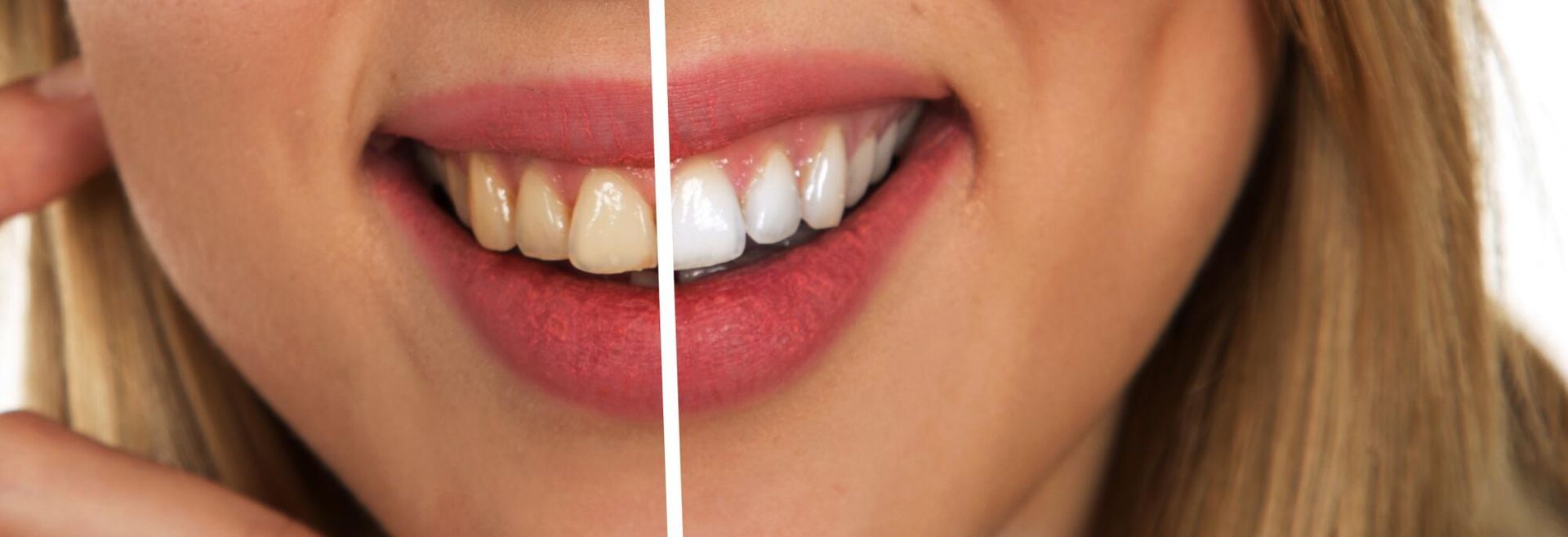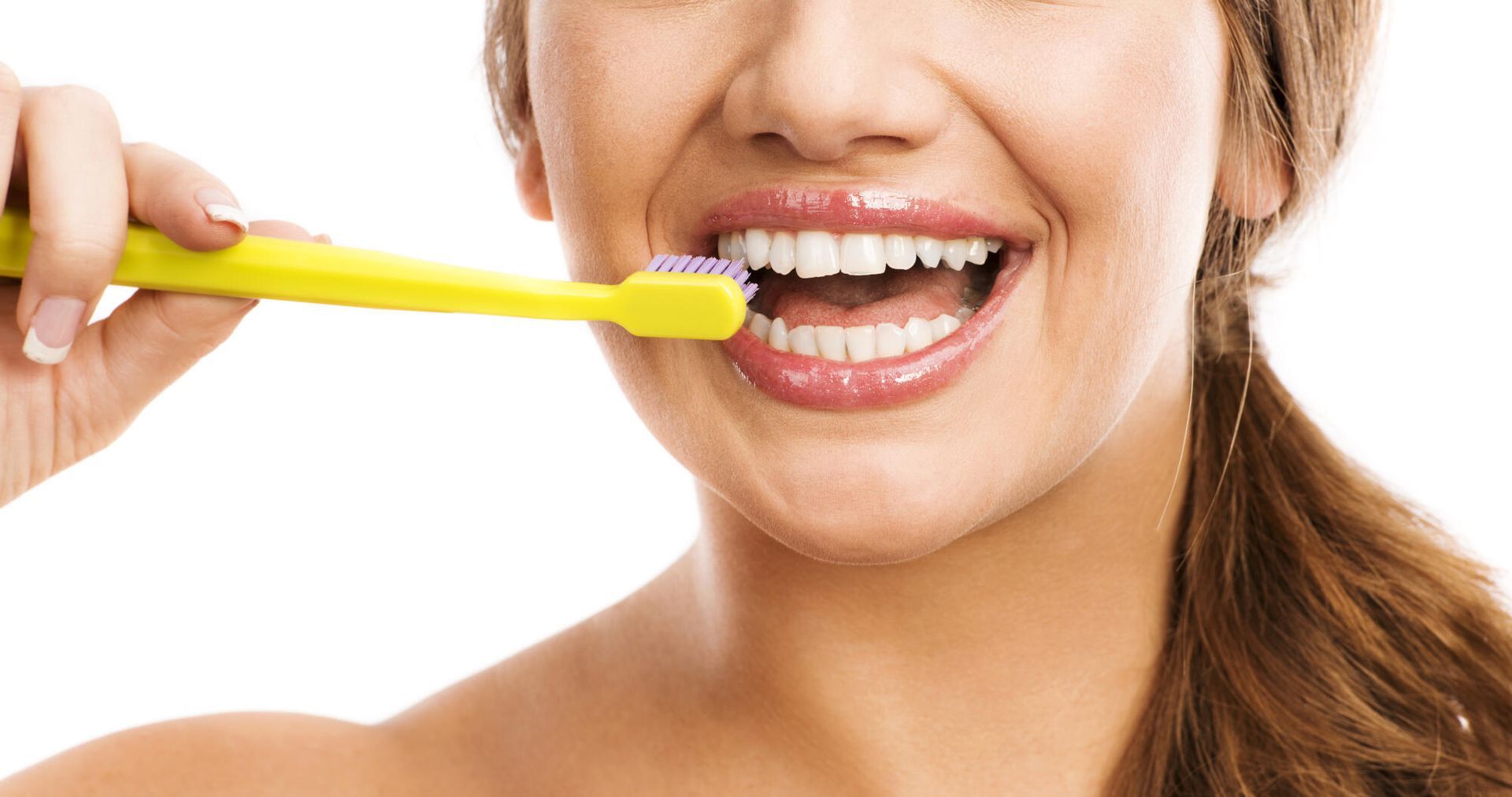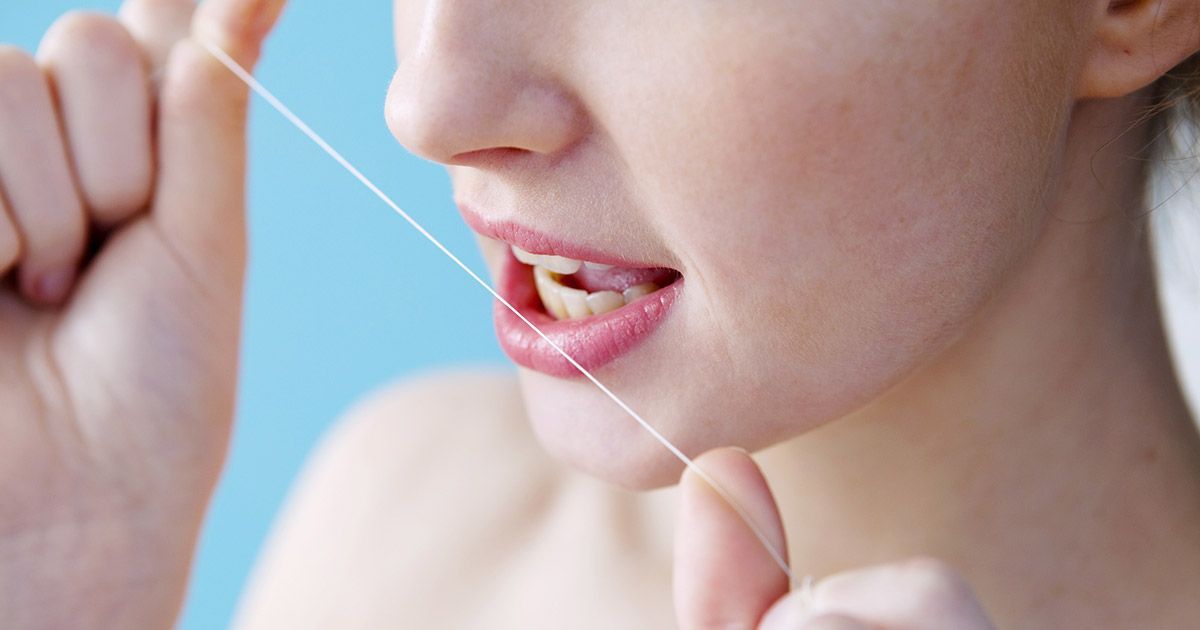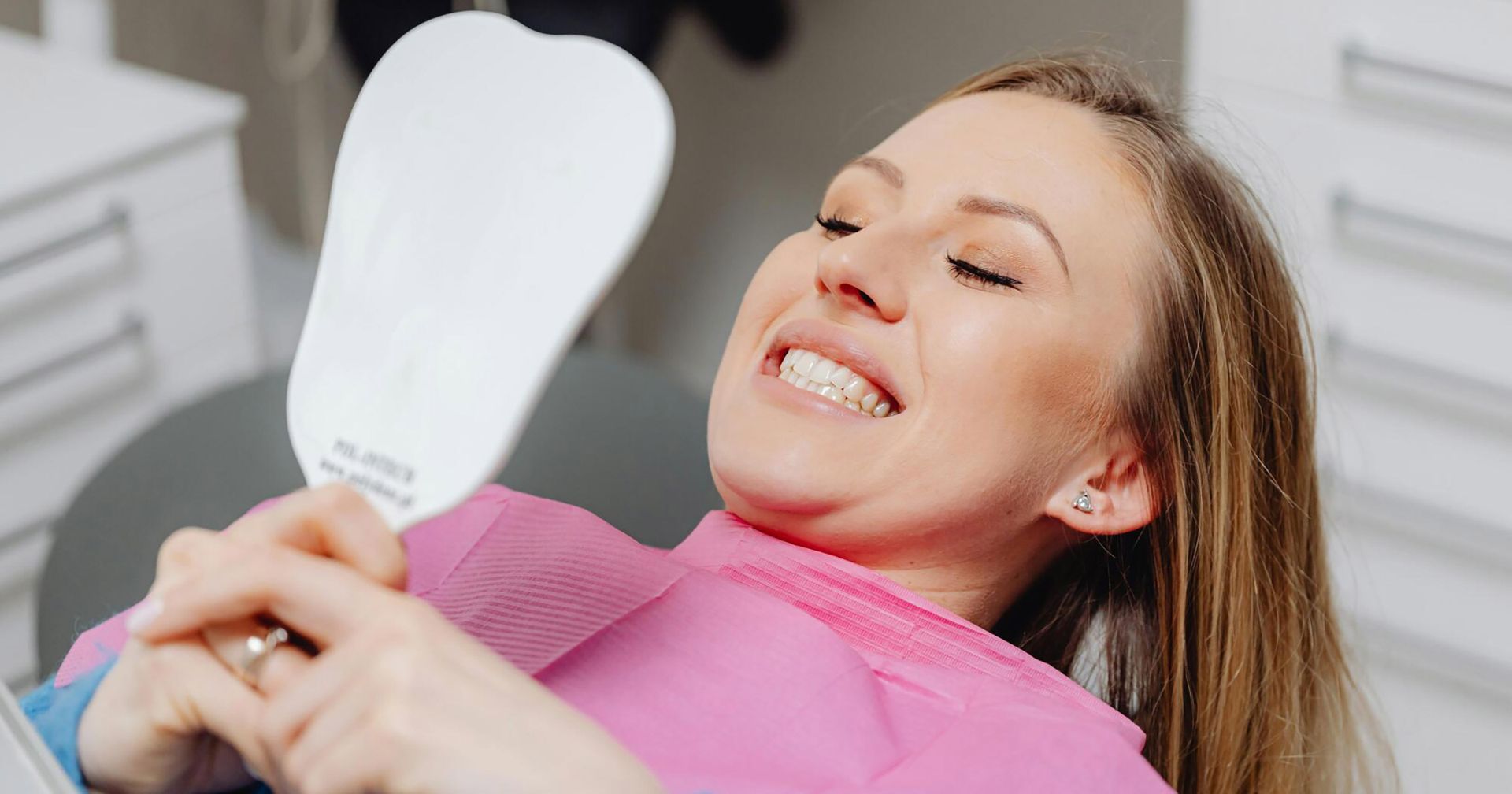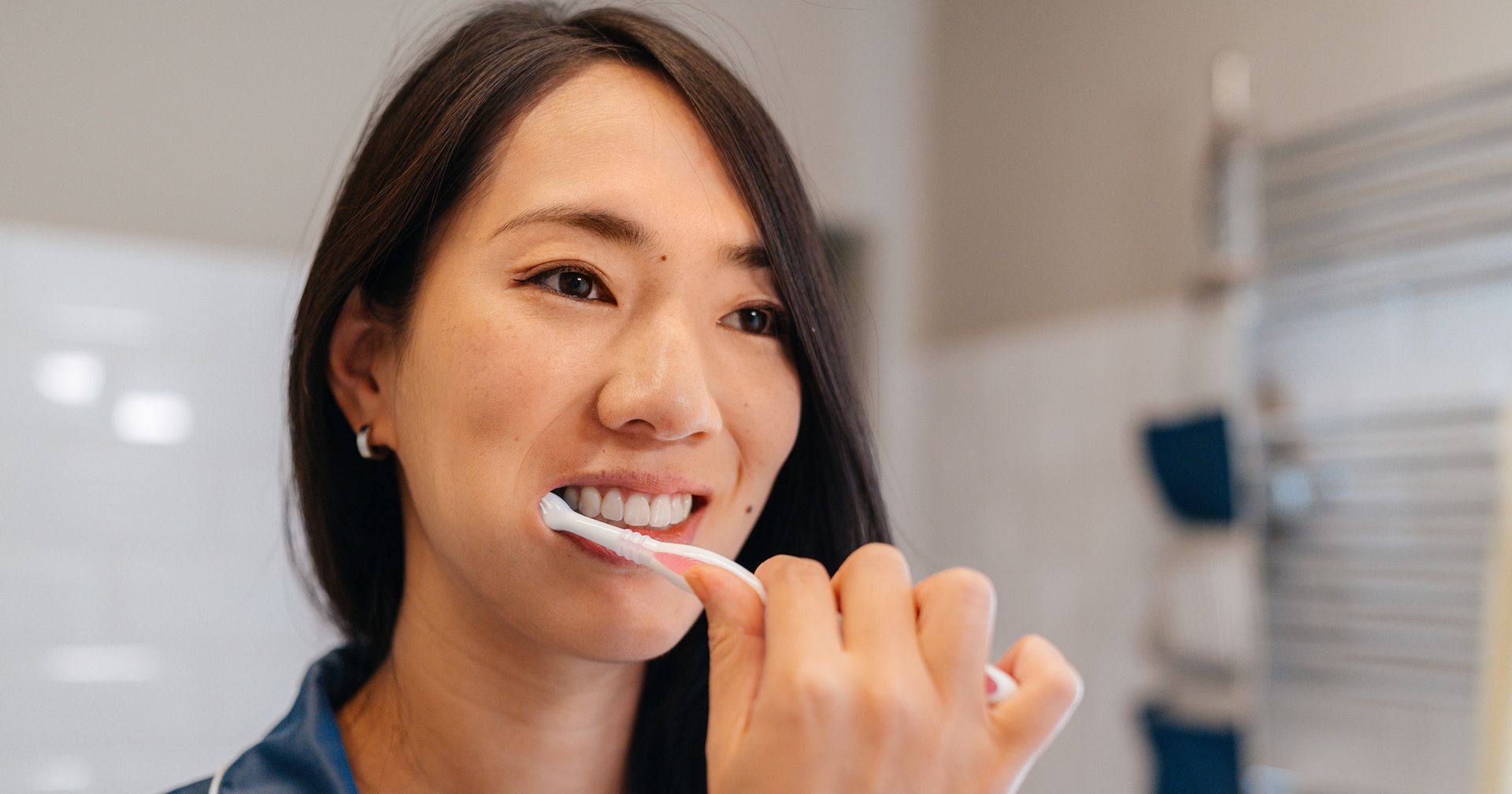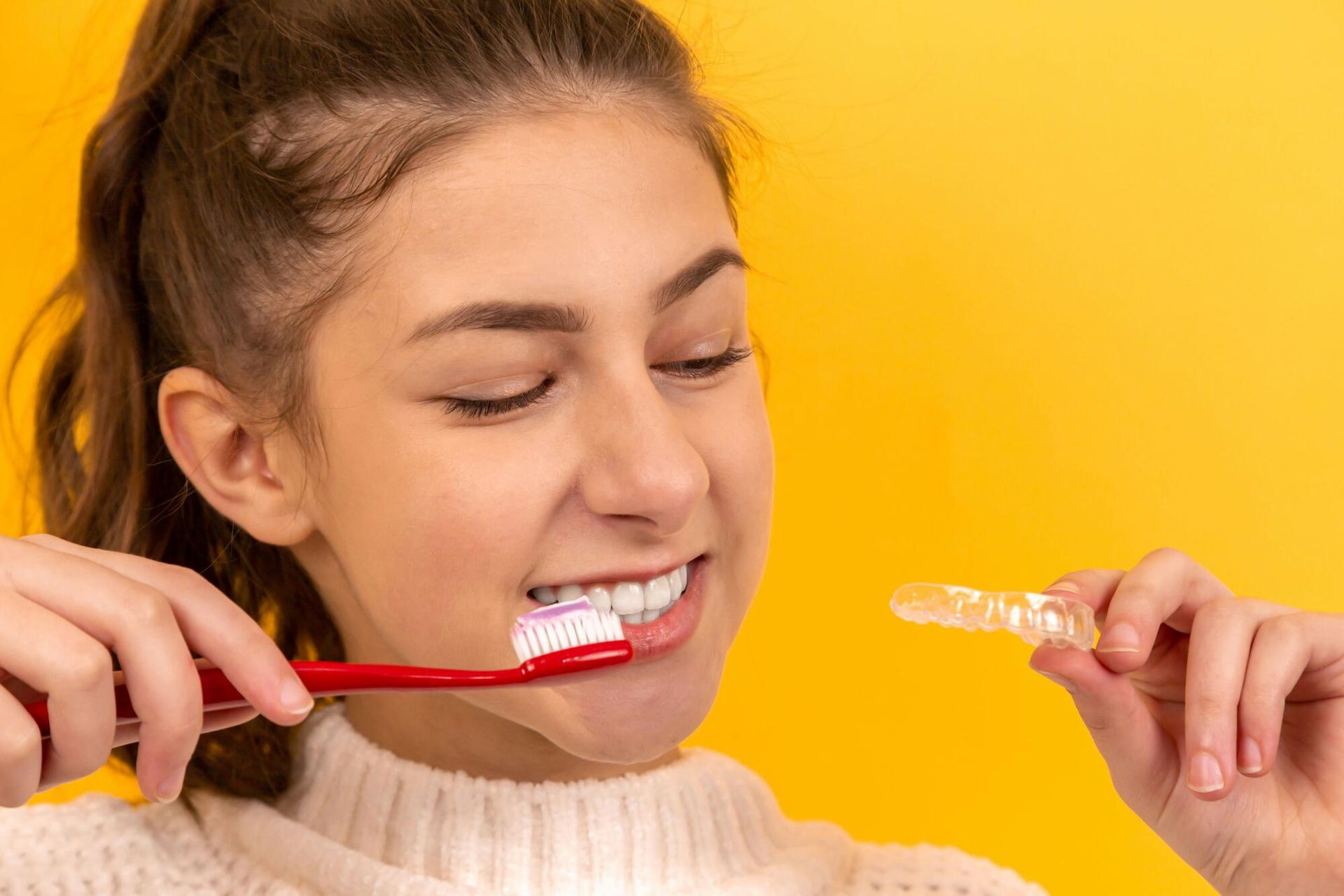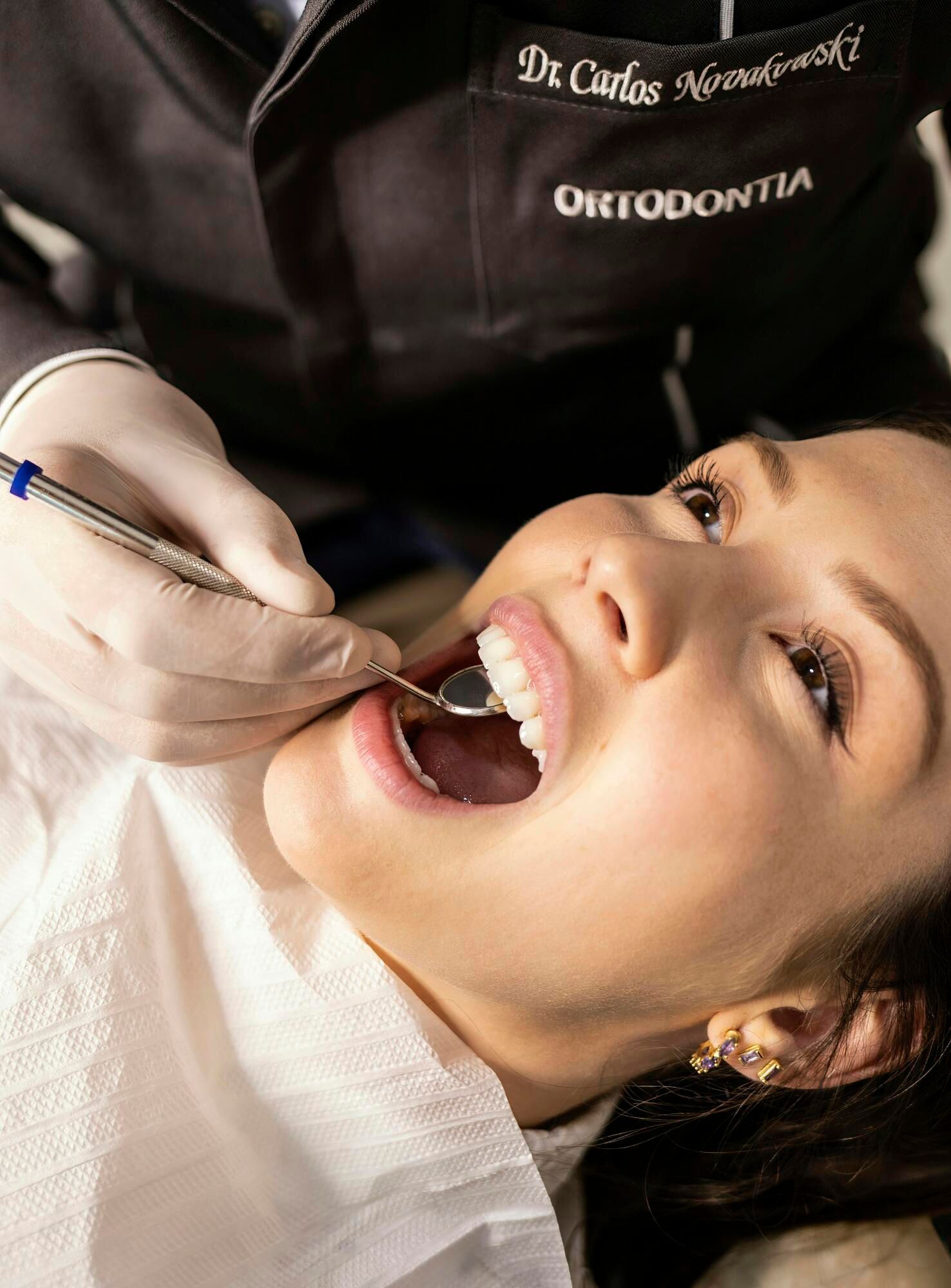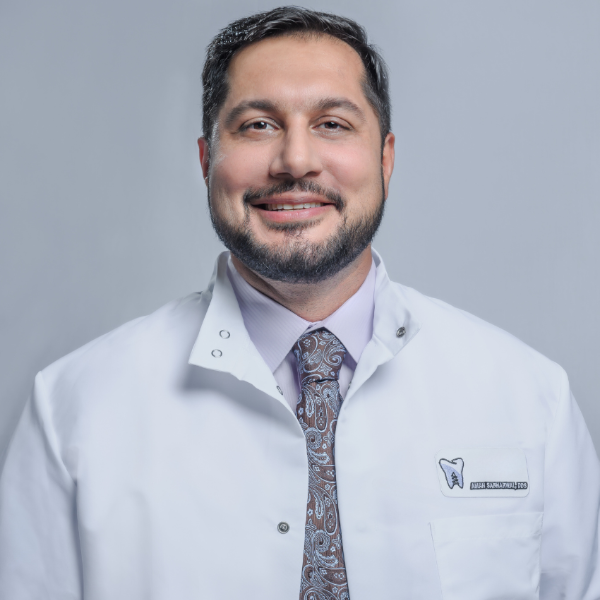Oral Hygiene: Why Is It Important?
Are you wondering if oral hygiene really matters? Find out about the importance of oral hygiene and how it impacts your oral health.
One of the most neglected aspects of our health is our oral hygiene. That's one reason why 1 in 4 U.S. adults has at least one existing cavity.
Unfortunately, this can lead to many more serious issues beyond a root canal procedure. Fortunately, there are steps you can take to improve your oral health and hygiene on your own. Let's talk about why oral hygiene is important and how you can improve your oral hygiene routine today!
Why Is Oral Hygiene Important?
Oral hygiene impacts more than just your breath. Here are a few of the most important reasons to follow a proper oral hygiene routine.
Worsening Oral Health
The first and most obvious reason to care about oral hygiene is for your oral health. When you don't follow routine dental care, oral health can quickly deteriorate. Once the enamel on your teeth is gone, you can't get it back.
As it deteriorates, it can cause worsening problems over time. The longer it persists, the more expensive and invasive the necessary treatment becomes. Without any treatment, conditions can even be life-threatening.
Social Issues
While this shouldn't be your only concern, it is a major concern for many people. Nobody wants to have to hide their smile or their breath from others. However, without taking care of your oral hygiene regularly, that's exactly what you'll have to do.
Moreover, this can have a serious effect on your work life, social life, and more. Right or wrong, visible tooth decay and halitosis can lead to judgment from others.
Overall Health Impacts
If you've heard some form of the phrase "oral health impacts overall health" so many times that it's lost its meaning, let's clarify. There are dozens of ways your oral health impacts other aspects of your health.
Remember, every time you swallow, you ingest what's in your mouth. If that's full of bacteria, tooth decay, and other harmful substances, this will impact your health. Many studies link oral health has been linked to heart disease and other debilitating or life-threatening conditions.
However, that's not the only way it can impact your overall health. If tooth decay persists, it can reach nerves that go into your jaw, which can lead to infections spreading to different parts of your body, including your brain. Don't think this is incredibly rare either, as many cases have
led to brain abscesses and meningitis, causing hospitalizations and even death.
How to Follow a Proper Oral Hygiene Routine
Now that you know why oral hygiene is so important, you may have questions about the appropriate routine to follow. Luckily, it isn't too complicated. Here's what you need to know.
Floss and Brush (In That Order)
Every night, before you go to bed, floss in between your teeth before brushing. We've heard all of the excuses, including bleeding gums, difficulty reaching certain teeth, and more.
Use floss picks if it's too difficult. It will only take a minute to floss between each of your teeth, and you can use biodegradable floss picks if you're worried about plastic consumption. Otherwise, you're leaving plaque to buildup between your teeth, which will inevitably cause tooth decay.
Also, if you don't floss, your brushing won't be nearly as effective. You undoubtedly have food residue and plaque blocking your toothbrush from reaching your enamel. Flossing is a great way to loosen and remove this.
From there, brush gently and thoroughly for at least two minutes before and after bed. Remember to brush your tongue and gums for the best results.
Use the Right Mouthwash
Mouthwash often goes overlooked, possibly even more than flossing. However, brushing and flossing will only reach around 25% of your mouth.
Conversely, rinsing your mouth will reach much closer to 100% of your mouth. Brushing and flossing your teeth is great, but if your teeth sit inside a dirty mouth all night, it won't be as effective. Always use an antibacterial mouthwash before bed and try to distribute it through your mouth thoroughly.
Avoid Certain Foods
Sugary foods and beverages can lead to tooth decay and bacteria growth, which will impact oral hygiene. If you're worried about bad breath, you may also want to avoid coffee, onions, garlic, and other "bad breath foods."
Chew Sugar-Free Gum
Sugar-free gum can offer plenty of benefits to your oral hygiene. It can help remove food that's stuck on or between your teeth, and it won't deteriorate your enamel. Just make sure the gum you choose is truly sugar-free.
Regular Dental Visits
Finally, the best thing you can do for your oral hygiene is to receive regular cleanings every six months. If it's been longer than that, schedule an appointment right away.
A thorough dental cleaning every six months will help you fill in the gaps you missed with your oral care routine (nobody is perfect) and spot any issues before they get worse. This will help save you money and keep your oral health in good shape for as long as possible. Remember, this isn't something you can put off forever.
Take Care of Your Oral Health Today
Now that you know the importance of oral hygiene and how to follow a proper routine, start using these tips today for the best results. It's never too late to start practicing healthier habits. Without a proper routine, your oral health will only continue to deteriorate.
Stay up to date with our latest dental tips, and don't hesitate to
contact us with any questions or to schedule a visit!
